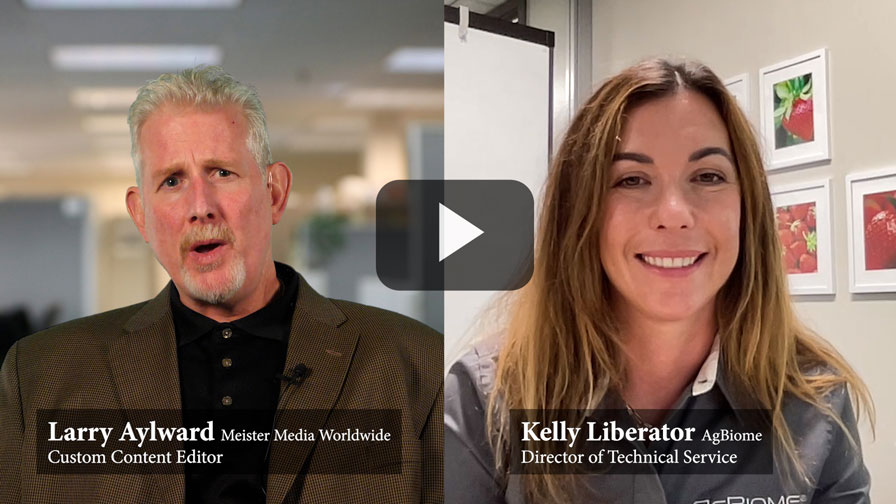Why Honesty Is The Best Policy When Working With The Public [Opinion]
While at the recent Mid-Atlantic Fruit and Vegetable Convention held in Hershey, PA, I sat in on a panel discussion led by three bright young industry members discussing ag literacy, and ways to better communicate with consumers and the media.

There were several topics thrown around, but there was one that really stuck out in my mind. When an audience member asked what these young growers’ biggest concerns were when communicating their message to the masses, the first comment that rose to the surface was the need for confidence-boosting skills.
Just to be clear, we’re not talking about the type of confidence boost that’ll have you doing a double take and a thumbs up when you walk past a mirror — we’re talking about confidence that enables you to self-assuredly speak to the media and your customers on hard hitting and controversial topics.
We’ve touched on tips to help you better deal with the media in a previous article, and this discussion was a nice reminder that there is still a need for those skills.
During the talk, one of the growers discussed the misinformation that often circulates about organic produce versus conventional, and how best to address concerns about conventional production practices without “bashing” organics.
In the aforementioned article we published on media training, GenNext grower Luke Hallman from Nanjemoy, MD, shares an interesting approach to answering tough questions.
He comments: “Although you want to be as transparent as possible, your candidness could open you up to bad publicity … . I would just be a little more reserved in discussing conventional production practices dealing with any sort of chemicals that can have a negative connotation … . Focus on what sets you apart.”
The present day consumer is becoming more informed about agricultural practices. For example, one show attendee said he had a customer that would go as far as demanding spray schedules to help decide whether or not to purchase from him.
While Hallman’s cautious approach is one way to help deflect what may be perceived as negative attention away from your operation, the growers on the panel had a slightly more direct approach.
“Getting to the kernel of truth” as panelist Heather Micklaus from Penn State University described it, may be your best bet. There’s sound factual information behind everything you do on the field, and “using science to cut through consumers’ reactions, which are often fear based,” as Micklaus said, will help you forge a stronger relationship with them.
We all know you would never do anything to harm your customers, and that knowledge in itself puts you in a very advantageous position. If you haven’t already, go ahead — try transparency on for size. It could work not only for your benefit, but for all of ag.









